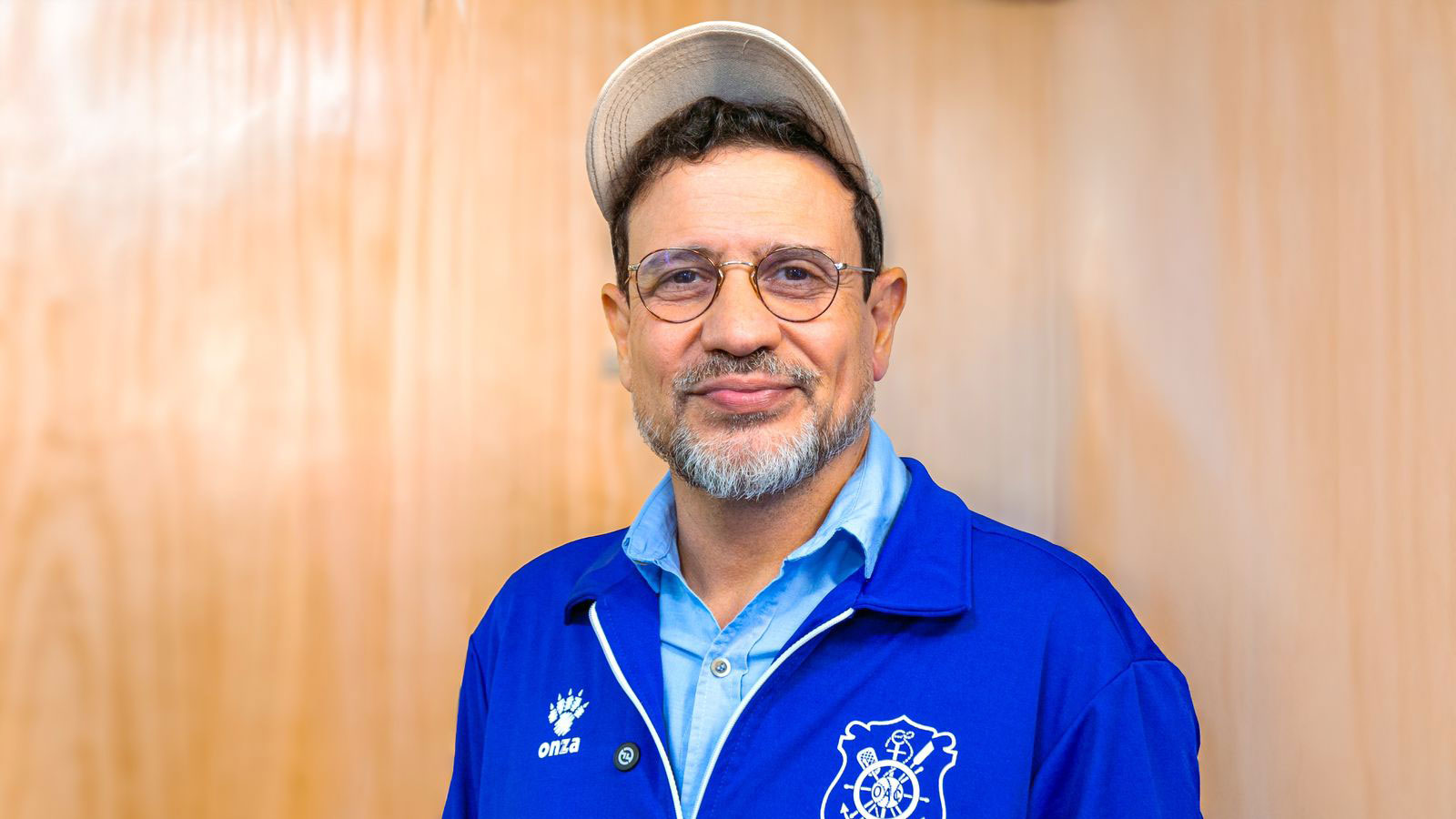Marcus Faustini
‘Without cultural participation there is no recognition of identities and otherness, which are central to democracy’
Marcus Faustini is a Brazilian director, filmmaker and cultural mediator. Author of the methodology of Agência de Redes para Juventude, he has been working since 2011 to turn ideas from young people in Rio’s favelas into cultural projects aimed at the community.
As part of the ATOS for Cultural Democracy conference, we’ll have the opportunity to explore some of the ideas he explores in this brief interview.
How did the methodology of the Youth Networking Agency begin and what does it consist of?
The Youth Networking Agency is an artistic methodology that invests in training young people from favelas and peripheries as leaders of socio-cultural actions to have an impact on their territories. Over the last 13 years, the methodology has supported hundreds of initiatives in various favelas in Rio de Janeiro that were created by the young people who went through the training processes.
Today, dozens of them have become recognised leaders in the city and in Brazil in various areas of society. Over the last ten years, the methodology has been implemented in several cities in England and has also supported the training of young leaders there through culture.
Looking back over the last 13 years, what have been the biggest challenges in working with projects led by young people from Rio’s peripheries? And what were the best achievements?
The greatest achievement is seeing young people who have gone through our methodology become social leaders. The challenges continue to be the fight to guarantee rights for poor and urban youth, in the face of our country’s social challenges.
What impact does the territory have on these projects? How different is it from projects carried out in England?
The territorial impact exists as these young people know the territory and the language of youth better. Over the years we have carried out various studies measuring and demonstrating the impact of the methodology. Stanford University (USA) was one of the evaluators of these results.
And there are many similarities between the young urban poor of Rio and London, for example. Two of them are striking: these young people are creative, but the fabric of society still holds on to the idea that they are dangerous or needy.
And in Portugal, what difference could this type of initiative make?
Culture and art offer an environment full of possibilities for these young people to develop support networks for their ideas and projects. We are delighted to be collaborating with the JAM! Youth + Arts = Change [an Artemrede initiative to encourage young people aged 18 to 25 to think about and develop creative projects that can have an impact on their territories].
How does cultural participation contribute to democracy?
Cultural participation improves cultural practices and artistic institutions too. Without cultural participation there is no desire to recognise identities and otherness, two central axes for democracy.
In your workshop (to be held on 19 October at the Gulbenkian), you raise the question ‘What is it different about cultural mediation that encourages participatory cultural actions? What answers might we come across?
Cultural mediation is a set of practices in which the core is to encourage people to create and act together in life through art and culture. The core is not just the work of art or the cultural manifestation, but how people can do something through art and culture. That is what the workshop will be focussing on.

